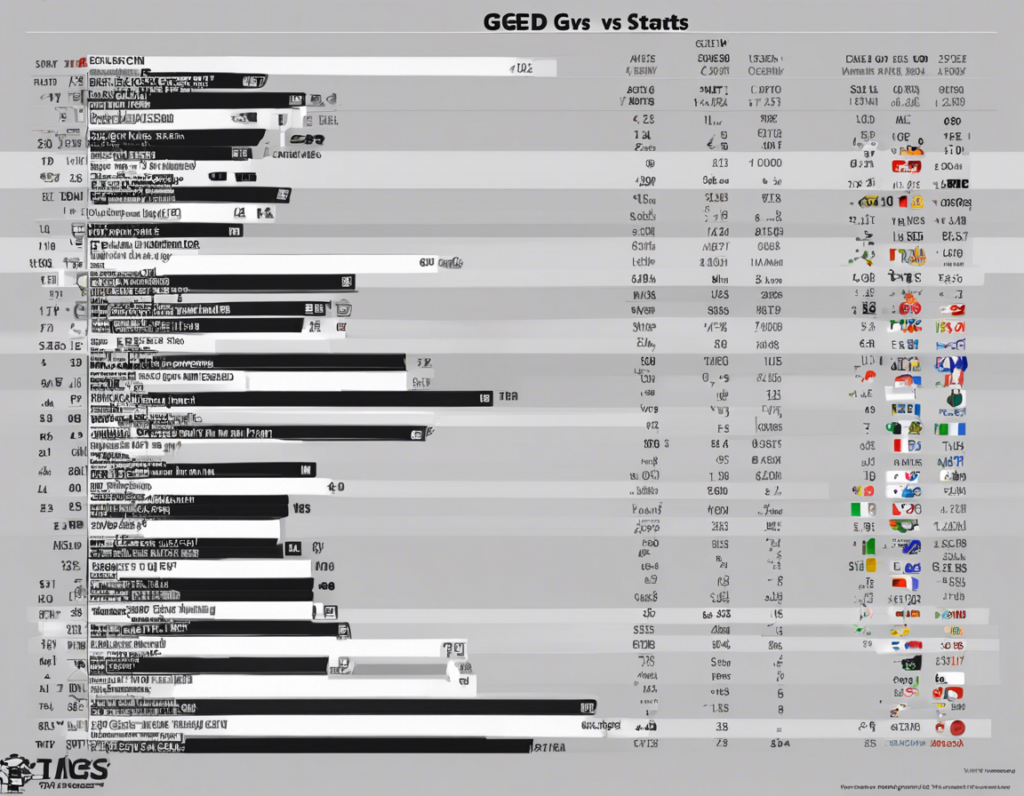
When it comes to comparing Ged vs CSG player stats, it’s essential to delve into the intricacies of each system to understand their strengths and weaknesses. Both systems are widely used in the field of sports analytics to evaluate player performance and make informed decisions. In this comprehensive analysis, we will examine the key features, metrics, and potential applications of Ged and CSG player stats.
Ged (Game Efficiency Differential) is a metric designed to measure a player’s overall contribution to their team’s performance on the court. It takes into account various factors such as points scored, rebounds, assists, steals, blocks, turnovers, and minutes played. Ged provides a holistic view of a player’s impact, considering both offensive and defensive contributions.
CSG (Composite Statistical Grade) is a comprehensive rating system that combines various individual player statistics to generate an overall performance score. Unlike Ged, which focuses on efficiency differentials, CSG provides a nuanced evaluation by weighting different metrics based on their significance in determining player success.
While both Ged and CSG player stats serve the purpose of evaluating player performance, they differ in their approach and focus. Ged emphasizes efficiency differentials and overall impact, whereas CSG offers a more nuanced analysis by considering a broader range of metrics and assigning weighted values to each component.
In conclusion, the choice between Ged and CSG player stats depends on the specific requirements of the analysis and the level of detail desired. Both metrics offer valuable insights into player performance and can be powerful tools for coaches, analysts, and players aiming to enhance their understanding of the game.
Ged focuses on efficiency differentials and overall impact, while CSG provides a more nuanced analysis by weighting various statistics.
How are Ged player stats calculated?
Ged player stats are derived by considering points scored, rebounds, assists, steals, blocks, turnovers, and minutes played.
What are the key components of CSG player stats?
CSG player stats include scoring efficiency, playmaking ability, defensive contribution, usage rate, and advanced metrics.
Can Ged and CSG player stats be used interchangeably?
While both metrics evaluate player performance, they have different methodologies and applications, making them more suitable for specific purposes.
Which system is more suitable for player comparisons across different teams?
By understanding the nuances of Ged and CSG player stats, analysts and enthusiasts can leverage these tools to gain valuable insights into player performance and make informed decisions in the world of sports analytics.